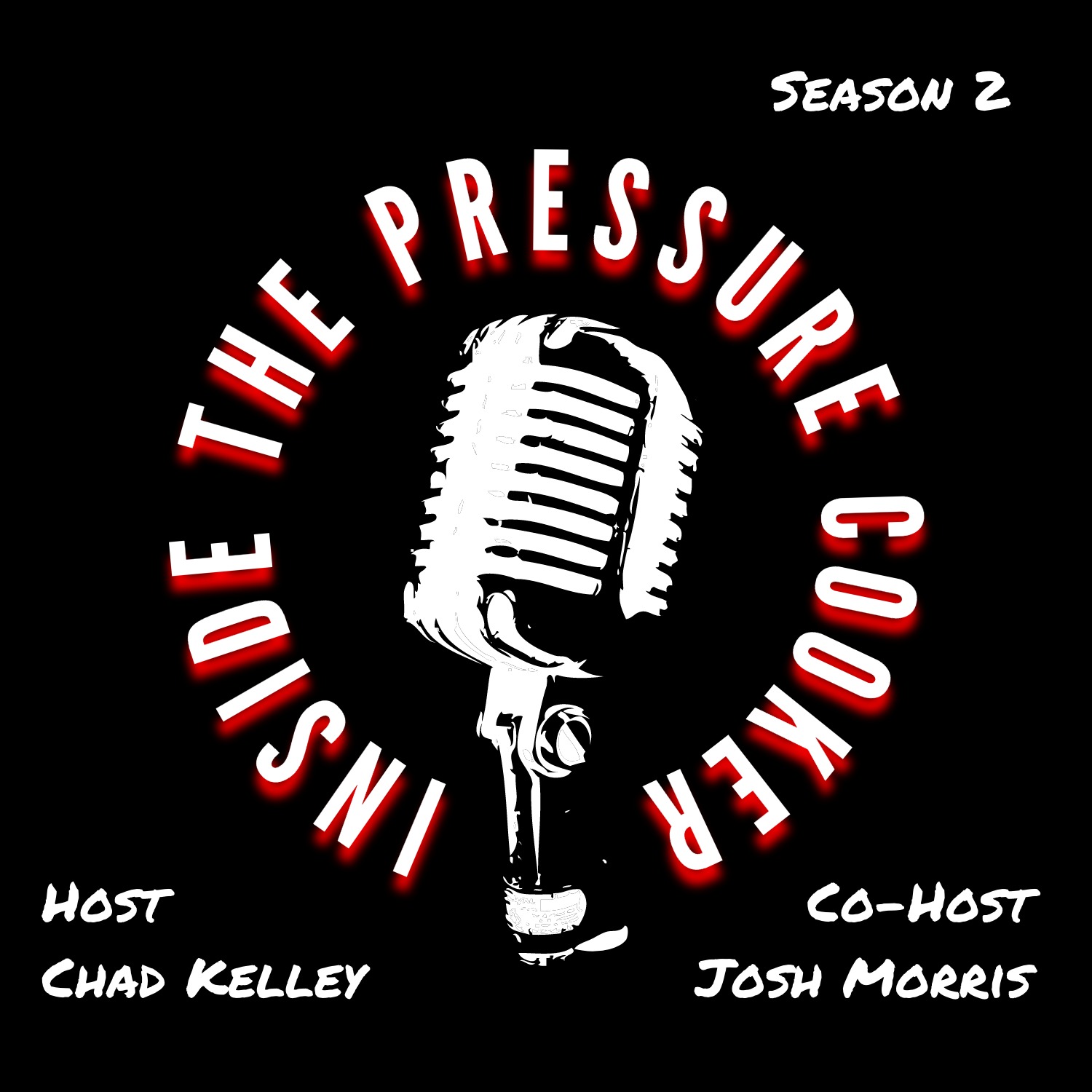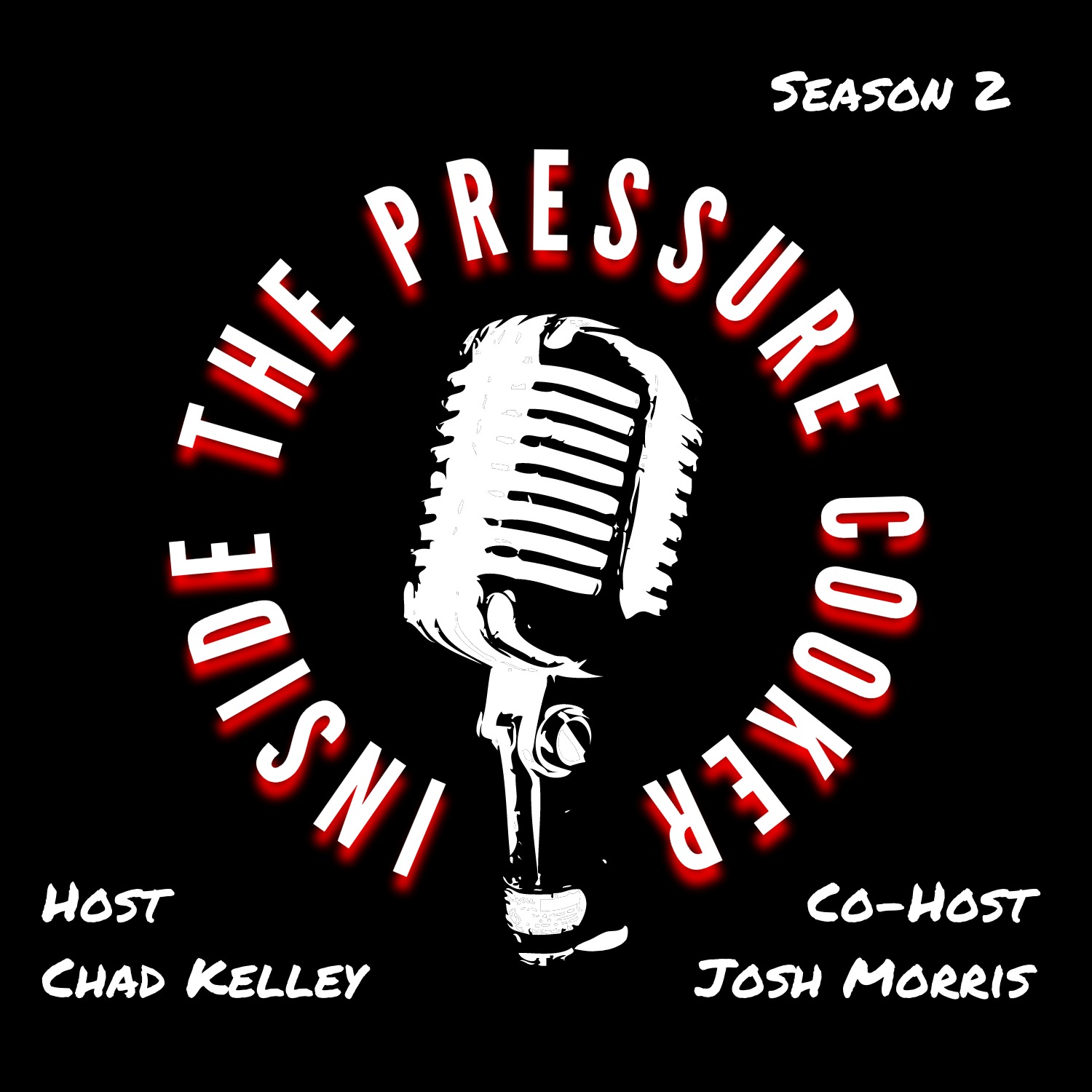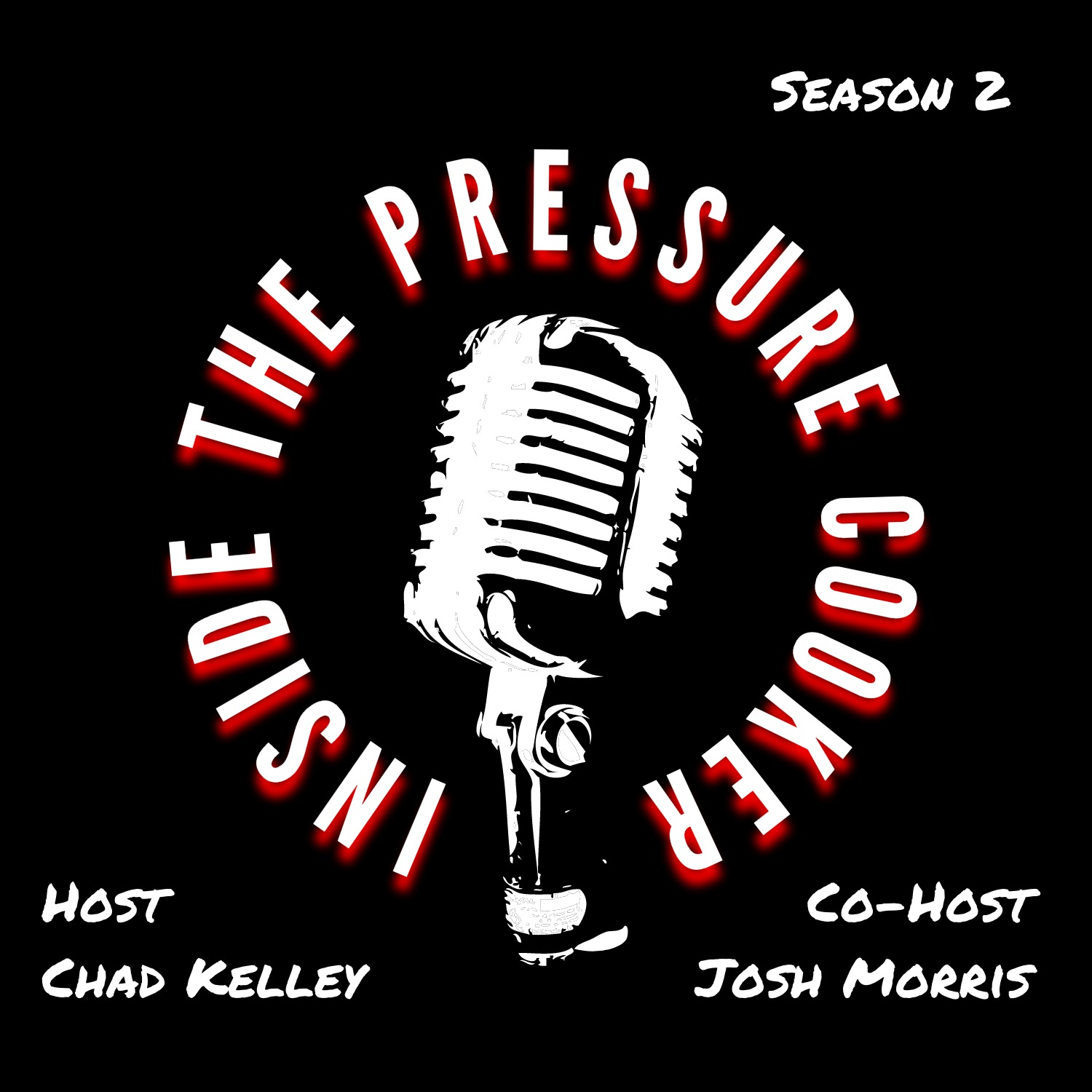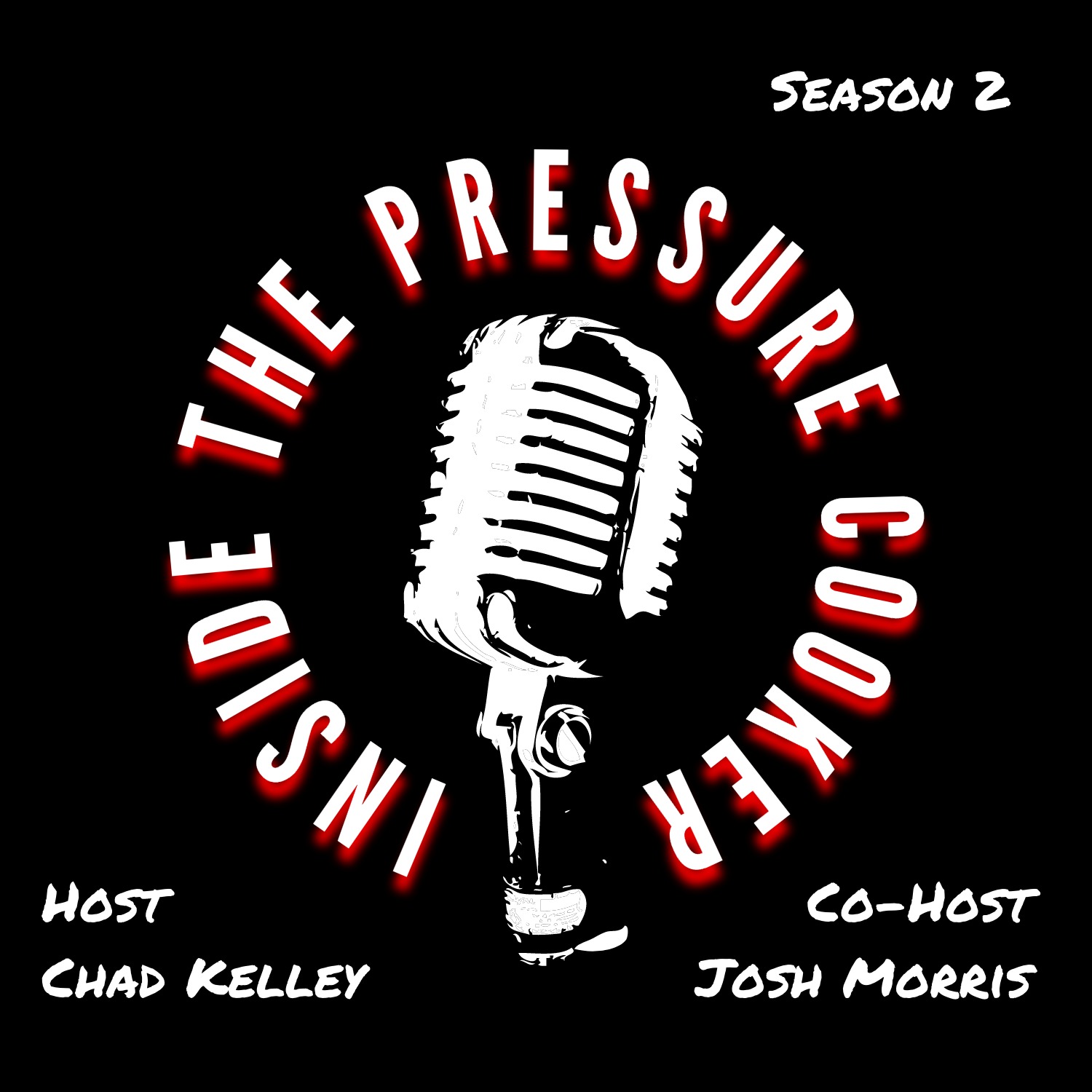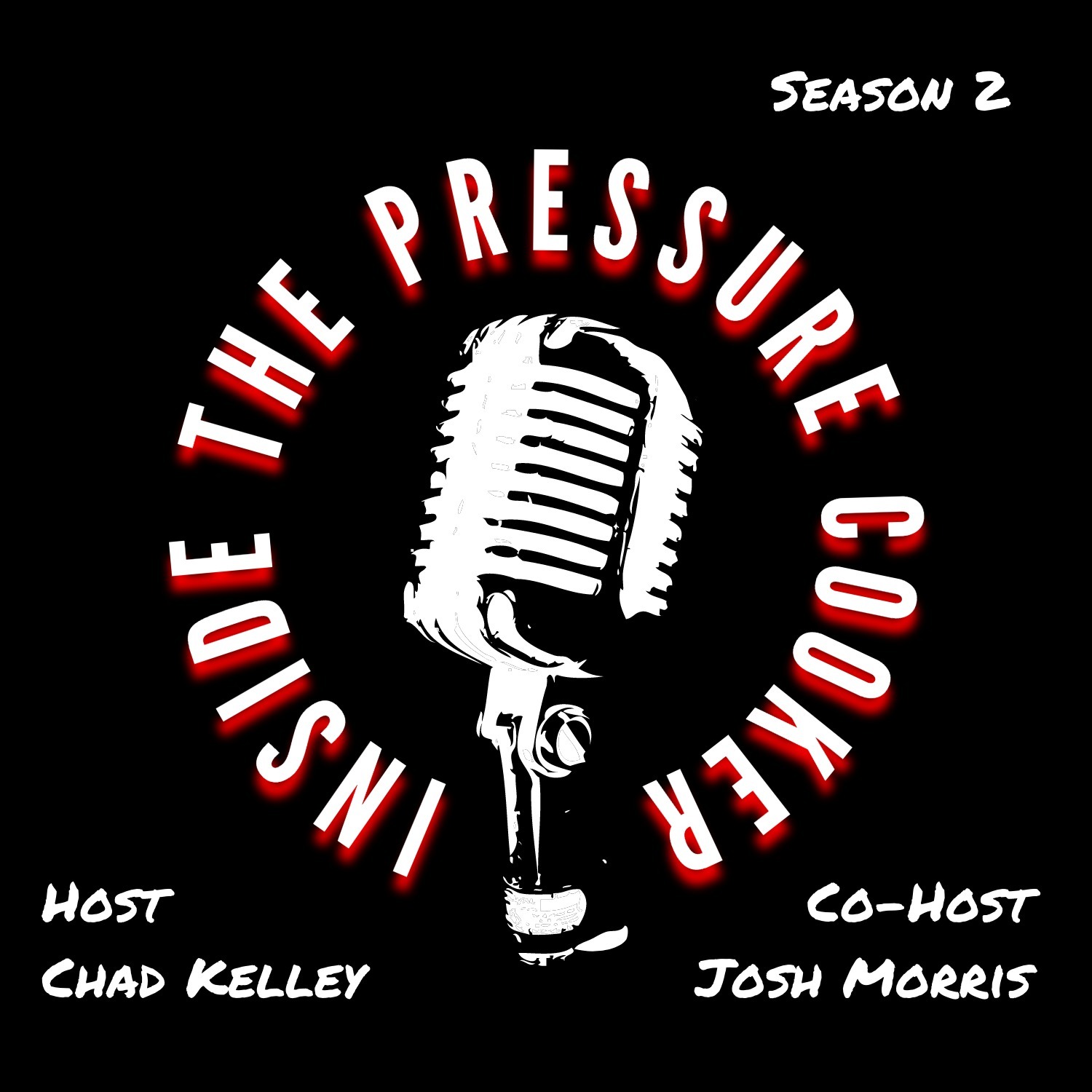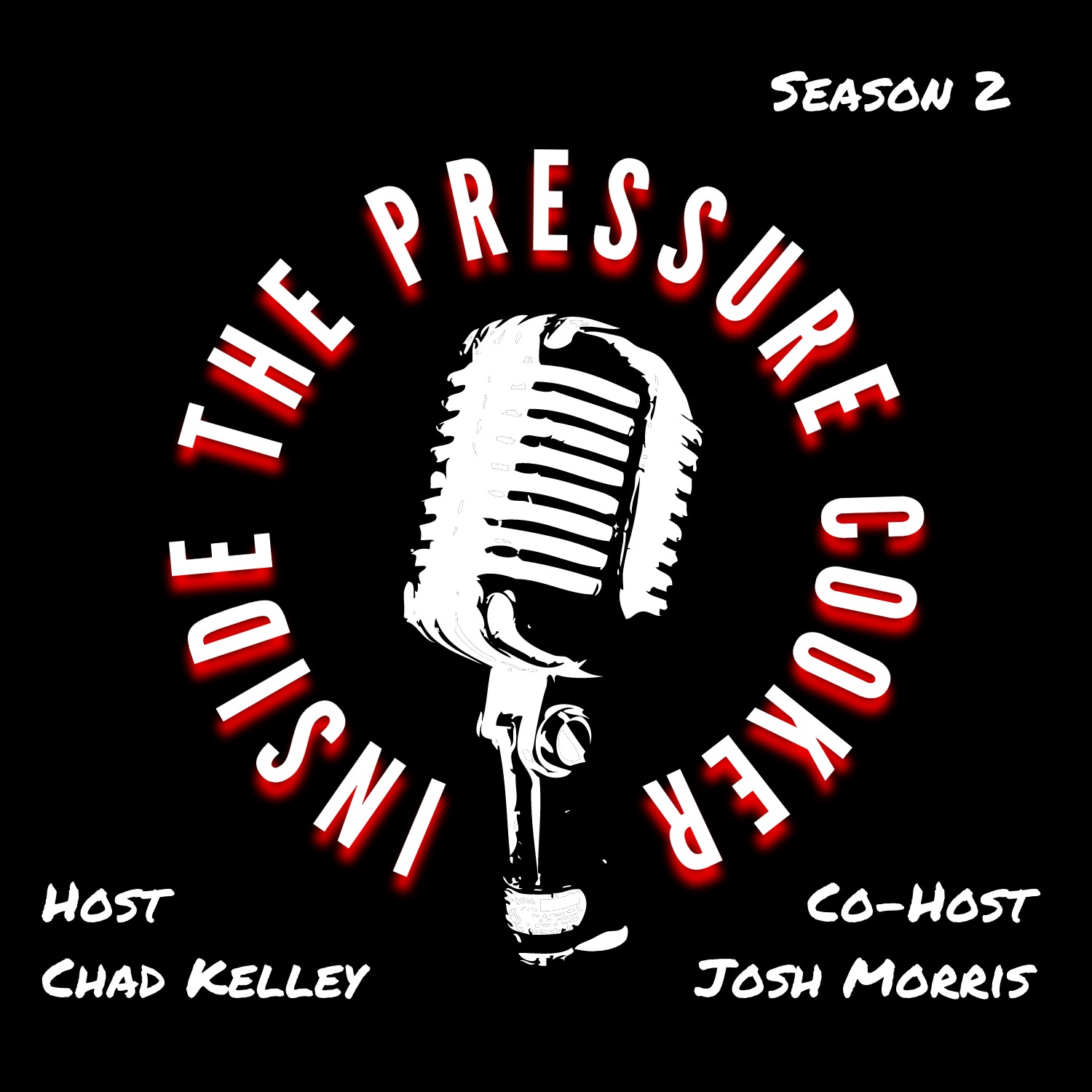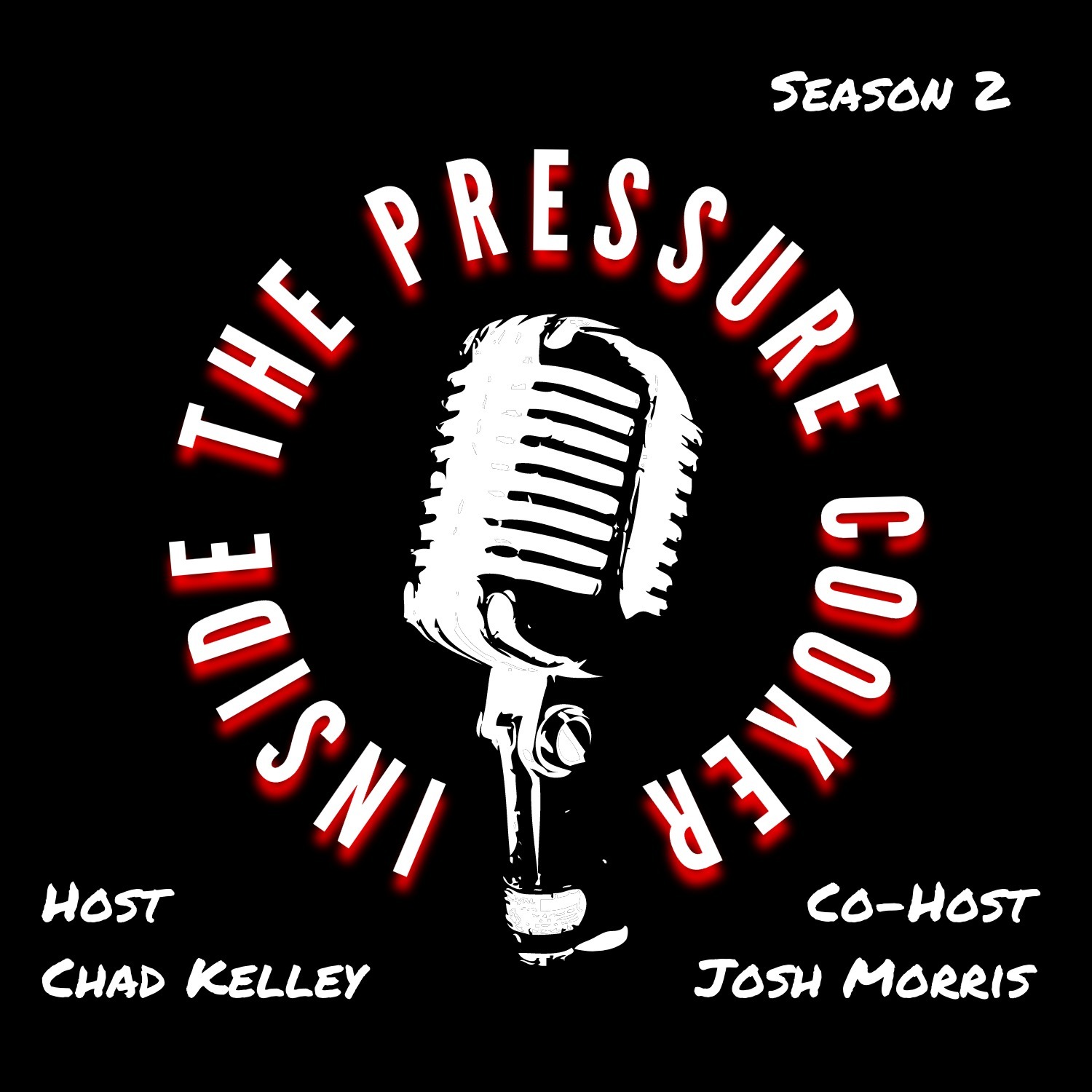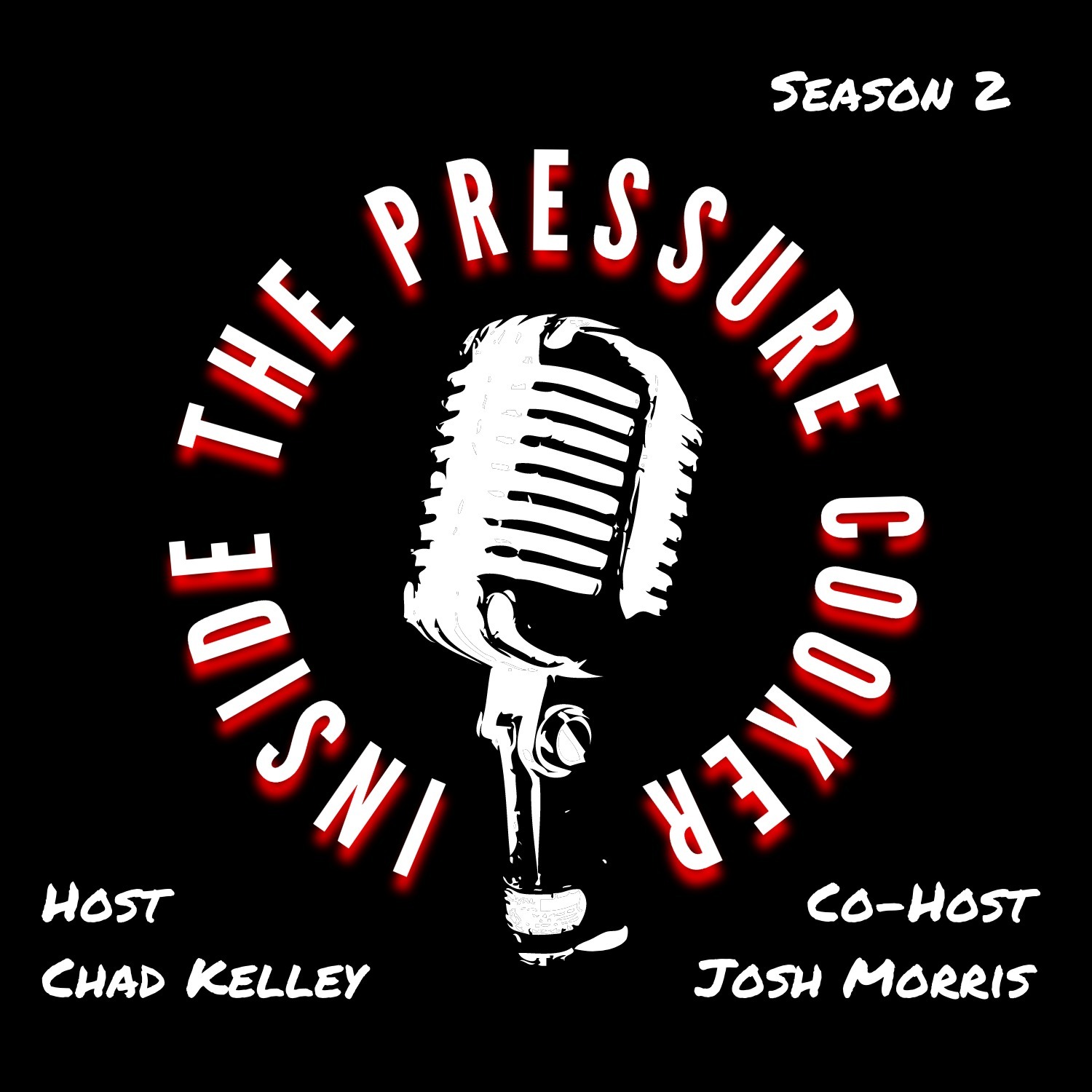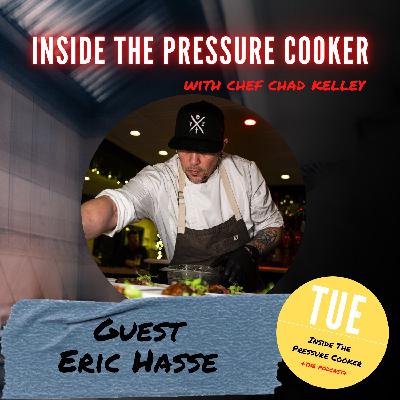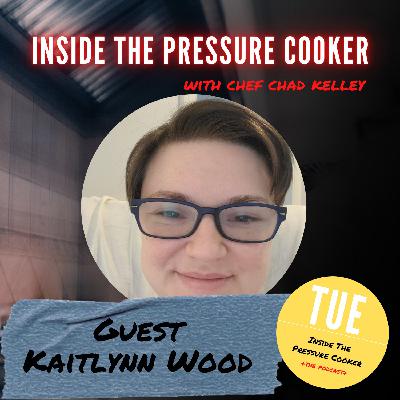 Ariel Guivisdalsky, Part 2: Local vs Imported Foods
Ariel Guivisdalsky, Part 2: Local vs Imported Foods
Description
Chef Ariel Guivisdalsky is passionate about exploring the usage of local products within hospitality business in Malta, and he interviewed five people in different elements to write his thesis on this topic. Through his interviews, he found that the five star hotel and Michelin Star restaurant didn't focus on local products, but the middle range restaurant and the high end restaurant were more focused on using local products. This surprised Chef Ariel and reaffirmed his passion for the importance of buying and using local products.
In this episode, you will learn the following:
1. The addiction that all cooks and chefs share and how it drives them to thrive in what can feel like complete chaos.
2. Exploring how the usage of local products within hospitality businesses in Malta can help increase food tourism.
3. Revealing what surprised Chef Ariel Guivisdalsky when he interviewed five people in different elements of the food industry.
Resources:
Chef Ariel Guivi on Instagram
Mediterranean Culinary Academy on Instagram
Emily A. Francis on Instagram
The book by Emily A. Francis can be found on Amazon and booksellers everywhere.
The Taste of Joy: Mediterranean Wisdom for a Life Worth Savoring
Other episodes you'll enjoy:
Suki Otsuki: Finding Peace & Nourishing Your Soul
The Lady Line Cook: Learning Leadership
Connect with me:
Instagram: @insidethepressurecooker
YouTube: @insidethepressurecooker7872
Website: https://insidethepressurecooker.com
Patreon: Inside The Pressure Cooker
Feedback: Email Me!
Loved this episode? Leave us a review and rating on Apple Podcasts or Follow Us on Spotify or your favorite podcasting platform.
[00:00:01 ]
Hey, and welcome back to Part Two with Chef Ardio. Over the last 20 years working in restaurants, I met a lot of really interesting people. Bourdain called us pirates and misfits, and he couldn't be more right. We really were. I say were.
[00:00:19 ]
We are a hodgepodge of cultures and backgrounds, and we get to play with food all day and we get to make a living doing that, and it's pretty damn awesome. This is what inside the Pressure Cooker is all about. It's about making some new friends and sharing some stories with some old friends. And listen, we all know that life inside a kitchen is not for everyone. We've seen plenty of people come and go that thought they could hack it and they couldn't.
[00:00:49 ]
It really does take a special someone not only to survive, but to really thrive in an environment of just what feels like complete fucking chaos. But it's pretty damn controlled. And then just the constant pressure and the stupid hours you put in, not to mention it can be a very thankless job. Before you know it, it's all in your blood and it's the only thing you know and you need more. It's an addiction.
[00:01:14 ]
This is the bond that all wine, cooks and chefs share. It's becoming the heartbeat of the kitchen, as cliche as that fucking sounds. But it's in our blood, which means it's fucking pulsing through our veins, and it's what we live for. This is Chad Kelly, and I've been slinging pants for over 25 years. And in that time, I've been fortunate enough to be a part of many successful kitchen teams, many of which I had the privilege of leading.
[00:01:45 ]
And during those final few years of my career, I found that my passion was not only just in cooking, but it was the people. And it was mentoring the next generation of chefs. A quick interruption before we jump on to the rest of this, two things. First, there's a link in the show Notes that well, it's not really a link, it's my email. Please, I want to hear some feedback from you all.
[00:02:13 ]
What do you love? What do you not love? This is how I learn. And the second part I've set up a patreon account for this podcast. The link is also in the show notes below.
[00:02:25 ]
Please, if you're able to, we would love any contribution you're able to support us with. We all have costs that we need to try to COVID with this show, and any sport would be greatly, greatly appreciated.
[00:02:39 ]
You're based in the States, right? Yeah, I'm in Dallas area. North Texas. I don't know how there, but the situation here of the industry in Malta and in Europe itself in general, it's a disaster, you know what I mean? This was just a brief snippet from our conversation when we started talking a.
[00:03:04 ]
Little bit about the impacts of COVID on Malta and where it's out today, but it can easily apply to the. Conversation that's about to happen. Hopefully you love the first part, but this one breaks down something that Chef Ariel is very passionate about, and hopefully. All chefs are passionate about. And it's really about our food supply.
[00:03:29 ]
And the concept of buying local seems pretty simple, right? But once again, it never really is. We all know that it's not as. Simple as it should be. So before we get too far into this as well so we're getting into your dissertation, your thesis here.
[00:03:47 ]
And why did you I mean, obviously you're very passionate about it, but what was this thesis for? Basically, since I was working and didn't in the sky, and it was mainly hold for six months, the season, during the summertime. And then I said, okay, let's study. Okay. I've been a head chef.
[00:04:10 ]
I am a head chef, but I don't have those beginning basic skills, or at least the theory behind that. Let's go and study. Let's do. And I check. And here they allow me to do a bachelor's degree.
[00:04:29 ]
So basically, it's a kind of university title, university degree, which is over three years. And then I said yes. Why not? So I was studying winter, fall, and I was working mainly during the summertime. So time was perfect.
[00:04:57 ]
So obviously then it took a bit longer than normal. It took me four years because in between what's covered inside and part of the degree was I spent four months in Institute Paul, because I spent four months intensive in Institute Pulpus.
[00:05:22 ]
But then we flew when COVID was here, COVID started and then back, and then what we do, and then again, so it takes a bit longer. The last thing that I needed, I needed to do the test is a dissertation of 15,000 words, because it's a degree. It's a bachelor's degree with honors.
[00:05:50 ]
So that's part of it. And unfortunately, I failed the first one, to be honest. And I needed to do another one.
[00:05:59 ]
It was meant to fail.
[00:06:04 ]
I started as part time job, full time study, and I end up full time study plus full time work, plus another part time work, plus everything. And it was really complicated. But yeah, was part of it was done. Graduate and everything is perfect. How did you choose this topic in the topics exploring the usage of local products within hospitality business in Malta?
[00:06:35 ]
So, as I said first, I failed my first test, which was based on ethical consumption. I truly consider myself an ethical consumer, which means that it's related to the local produce. But I do think twice before I buy any food related produce. For example, buying avocado, it's actually supporting not only the fact that avocado kills the soil, but it uses a lot of water, but it's also supporting the labor laws in countries where the avocado is grown. And some countries, we know that there are kids working in there, and it's a bit shady, let's call it.
[00:07:28 ]
So I don't buy that unless, for example, here we receive avocado from Spain, from the Canadian islands. Fair enough. Okay, no problem. So failing the ethical consumption, Texas doesn't matter. Why?
[00:07:46 ]
To be honest, I didn't really do many things.
[00:07:52 ]
I still wanted to stay on something similar with that. Sure, this makes sense. Then I said, okay, let's see. One of the main goals of the academy where I teach is that we use only local products in terms of fruit, vegetables and proteins. Obviously spices, there is a limit, how can you use?
[00:08:14 ]
But we try to use only local product in terms of that. So I said, if this is someth


